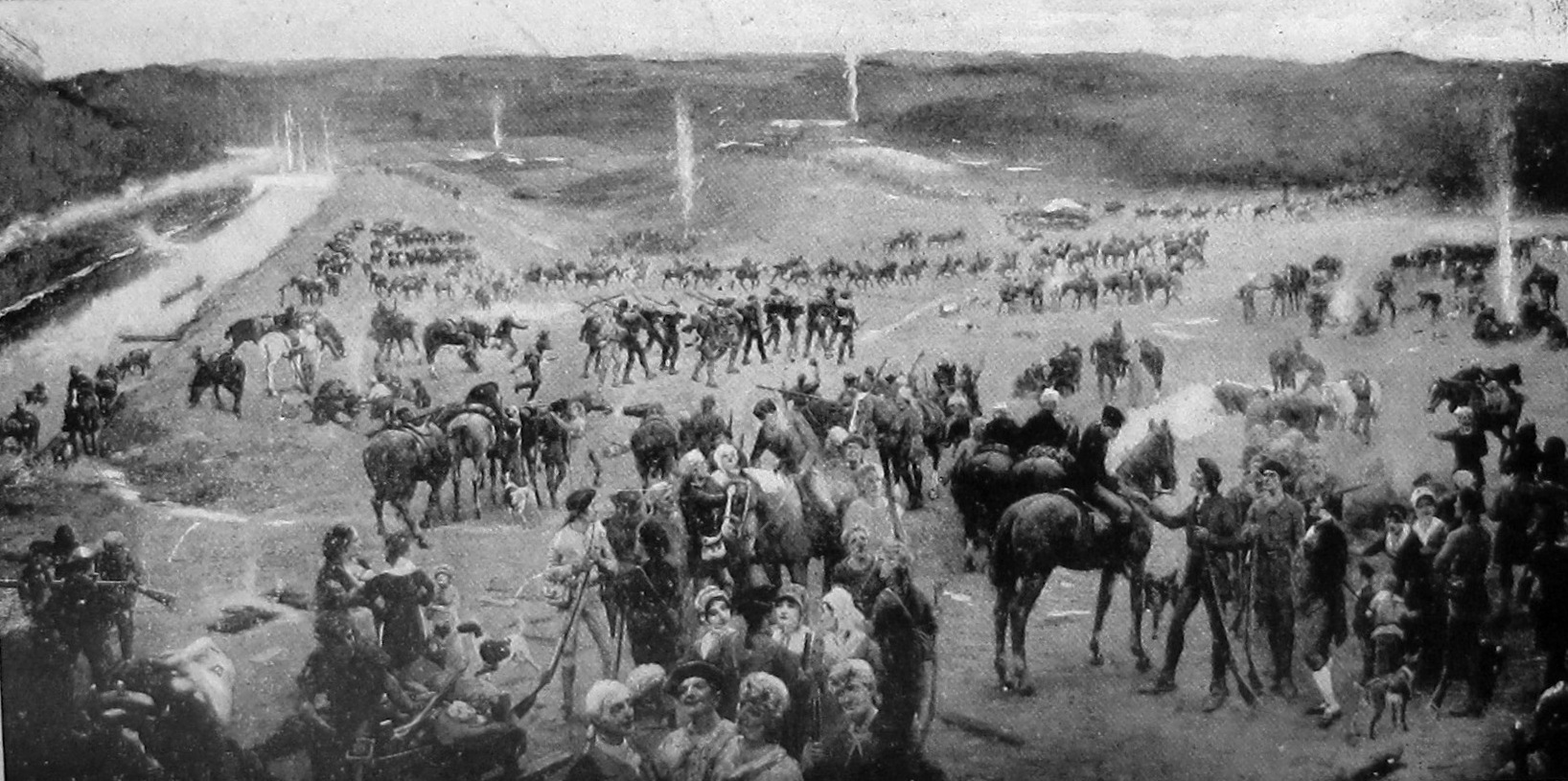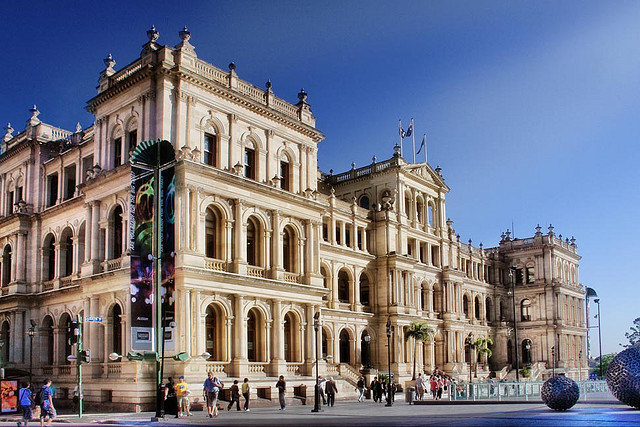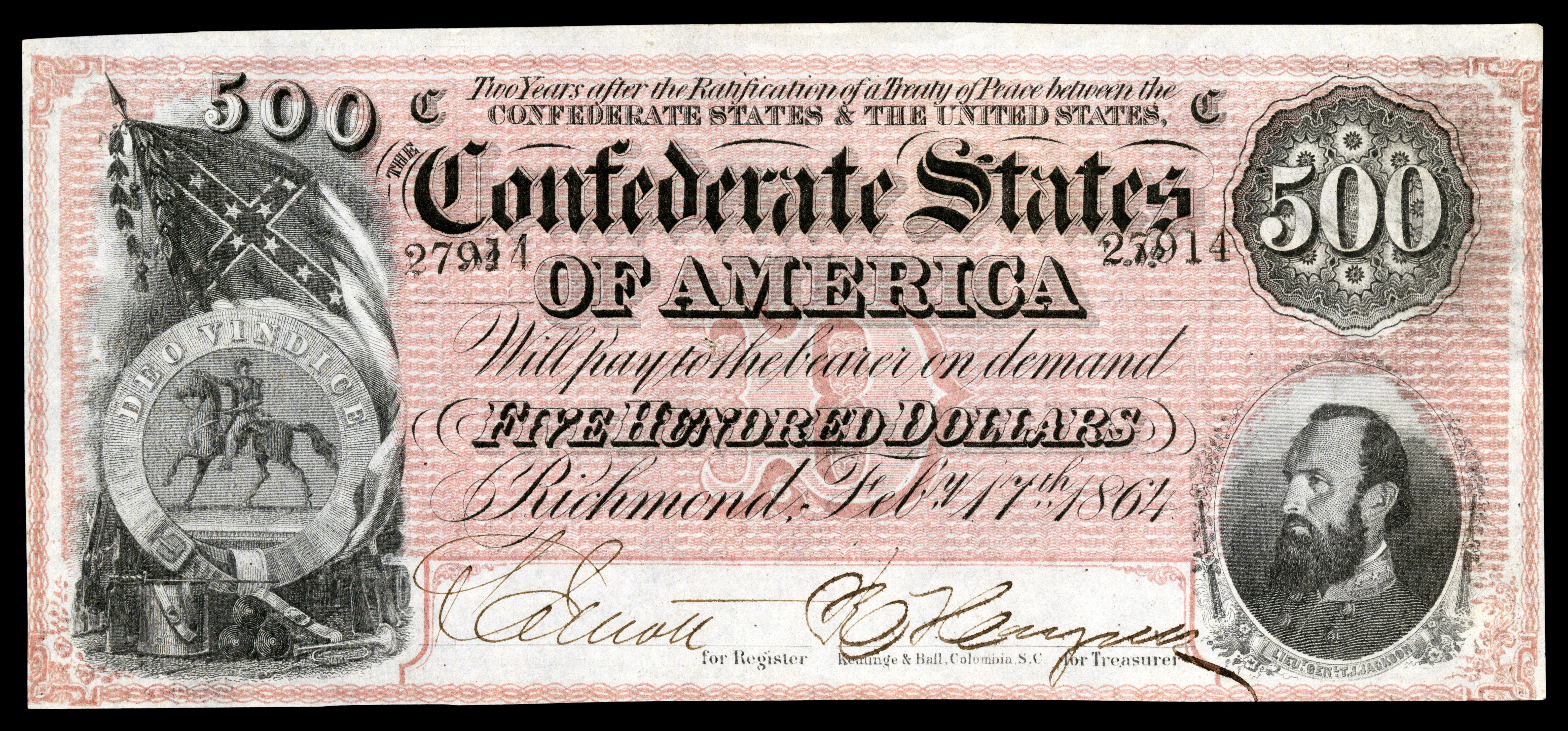|
Fort Charlotte (South Carolina)
Fort Charlotte is located in McCormick County, South Carolina, United States, founded in 1768, and now beneath the waters of the J. Strom Thurmond Lake, Clarks Hill Lake. Origins Construction of the fort began in the summer of 1765, and took a couple of years to complete because of structural complications as well as the constant threat of attack by the Creek Indian, Creek Indigenous peoples of the Americas, Native Americans. It was named for the reigning queen at the time. The Fort was made mostly of granite quarried from across the Savannah River. The Fort measured approximately 170 foot squared with bastions at every corner and a wall height of between 10 and 20 feet. The Fort was built for defensive purposes—to protect local settlers, as opposed to being a trading fort, meant for Native American/ European trading. Almost as soon as the Fort was completed the British Royal (Federal) government abandoned the Fort by placing it under the care and authority of the South Caroli ... [...More Info...] [...Related Items...] OR: [Wikipedia] [Google] [Baidu] |
McCormick County, South Carolina
McCormick County is a county located in the U.S. state of South Carolina. As of the 2020 census, its population was 9,526, making it the second least-populous county in South Carolina. Its county seat is McCormick. The county was formed in 1916 from parts of Edgefield, Abbeville, and Greenwood Counties. History The county was founded in 1916 and was named after Cyrus McCormick. The largest town and county seat is McCormick. Geography According to the U.S. Census Bureau, the county has a total area of , of which is land and (8.8%) is water. It is the smallest county in South Carolina by land area and second-smallest by total area. McCormick County is in the Savannah River basin. National protected area * Sumter National Forest (part) State and local protected areas/sites * Baker Creek State Park * Eden Hall * Hamilton Branch State Recration Area * Hickory Knob State Resort Park * Leroys Ferry Recreation Area * Long Cane Creek Picnic Area * Parksville Recreation Ar ... [...More Info...] [...Related Items...] OR: [Wikipedia] [Google] [Baidu] |
William H
William is a male given name of Germanic origin.Hanks, Hardcastle and Hodges, ''Oxford Dictionary of First Names'', Oxford University Press, 2nd edition, , p. 276. It became very popular in the English language after the Norman conquest of England in 1066,All Things William"Meaning & Origin of the Name"/ref> and remained so throughout the Middle Ages and into the modern era. It is sometimes abbreviated "Wm." Shortened familiar versions in English include Will, Wills, Willy, Willie, Bill, and Billy. A common Irish form is Liam. Scottish diminutives include Wull, Willie or Wullie (as in Oor Wullie or the play ''Douglas''). Female forms are Willa, Willemina, Wilma and Wilhelmina. Etymology William is related to the given name ''Wilhelm'' (cf. Proto-Germanic ᚹᛁᛚᛃᚨᚺᛖᛚᛗᚨᛉ, ''*Wiljahelmaz'' > German ''Wilhelm'' and Old Norse ᚢᛁᛚᛋᛅᚼᛅᛚᛘᛅᛋ, ''Vilhjálmr''). By regular sound changes, the native, inherited English form of the name shoul ... [...More Info...] [...Related Items...] OR: [Wikipedia] [Google] [Baidu] |
British Forts In The United States
British may refer to: Peoples, culture, and language * British people, nationals or natives of the United Kingdom, British Overseas Territories, and Crown Dependencies. ** Britishness, the British identity and common culture * British English, the English language as spoken and written in the United Kingdom or, more broadly, throughout the British Isles * Celtic Britons, an ancient ethno-linguistic group * Brittonic languages, a branch of the Insular Celtic language family (formerly called British) ** Common Brittonic, an ancient language Other uses *''Brit(ish)'', a 2018 memoir by Afua Hirsch *People or things associated with: ** Great Britain, an island ** United Kingdom, a sovereign state ** Kingdom of Great Britain (1707–1800) ** United Kingdom of Great Britain and Ireland (1801–1922) See also * Terminology of the British Isles * Alternative names for the British * English (other) * Britannic (other) * British Isles * Brit (other) * Briton (d ... [...More Info...] [...Related Items...] OR: [Wikipedia] [Google] [Baidu] |
South Carolina In The American Revolution
South Carolina was outraged over British tax policies in the 1760s that violated what they saw as their constitutional right to "no taxation without representation". Merchants joined the boycott against buying British products. When the London government harshly punished Massachusetts for the Boston Tea Party, South Carolina's leaders joined eleven other colonies (except Georgia) in forming the Continental Congress. When the British attacked Lexington and Concord in the spring of 1775 and were beaten back by the Massachusetts Patriots, South Carolina Patriots rallied to support the American Revolution. Loyalists and Patriots of the colony were split by nearly 50/50. Many of the South Carolinian battles fought during the American Revolution were with loyalist Carolinians and the part of the Cherokee tribe that allied with the British. This was to General Henry Clinton's advantage. His strategy was to march his troops north from St. Augustine, Florida, and sandwich George Washington ... [...More Info...] [...Related Items...] OR: [Wikipedia] [Google] [Baidu] |
Buildings And Structures In McCormick County, South Carolina
A building, or edifice, is an enclosed structure with a roof and walls standing more or less permanently in one place, such as a house or factory (although there's also portable buildings). Buildings come in a variety of sizes, shapes, and functions, and have been adapted throughout history for a wide number of factors, from building materials available, to weather conditions, land prices, ground conditions, specific uses, prestige, and aesthetic reasons. To better understand the term ''building'' compare the list of nonbuilding structures. Buildings serve several societal needs – primarily as shelter from weather, security, living space, privacy, to store belongings, and to comfortably live and work. A building as a shelter represents a physical division of the human habitat (a place of comfort and safety) and the ''outside'' (a place that at times may be harsh and harmful). Ever since the first cave paintings, buildings have also become objects or canvasses of much artistic ... [...More Info...] [...Related Items...] OR: [Wikipedia] [Google] [Baidu] |
Forts In South Carolina
A fortification is a military construction or building designed for the defense of territories in warfare, and is also used to establish rule in a region during peacetime. The term is derived from Latin ''fortis'' ("strong") and ''facere'' ("to make"). From very early history to modern times, defensive walls have often been necessary for cities to survive in an ever-changing world of invasion and conquest. Some settlements in the Indus Valley civilization were the first small cities to be fortified. In ancient Greece, large stone walls had been built in Mycenaean Greece, such as the ancient site of Mycenae (famous for the huge stone blocks of its 'cyclopean' walls). A Greek '' phrourion'' was a fortified collection of buildings used as a military garrison, and is the equivalent of the Roman castellum or English fortress. These constructions mainly served the purpose of a watch tower, to guard certain roads, passes, and borders. Though smaller than a real fortress, they acted ... [...More Info...] [...Related Items...] OR: [Wikipedia] [Google] [Baidu] |
Infrastructure Completed In 1768
Infrastructure is the set of facilities and systems that serve a country, city, or other area, and encompasses the services and facilities necessary for its economy, households and firms to function. Infrastructure is composed of public and private physical structures such as roads, railways, bridges, tunnels, water supply, sewers, electrical grids, and telecommunications (including Internet connectivity and broadband access). In general, infrastructure has been defined as "the physical components of interrelated systems providing commodities and services essential to enable, sustain, or enhance societal living conditions" and maintain the surrounding environment. Especially in light of the massive societal transformations needed to mitigate and adapt to climate change, contemporary infrastructure conversations frequently focus on sustainable development and green infrastructure. Acknowledging this importance, the international community has created policy focused on sustain ... [...More Info...] [...Related Items...] OR: [Wikipedia] [Google] [Baidu] |
Archaeological Survey
In archaeology, survey or field survey is a type of field research by which archaeologists (often landscape archaeologists) search for archaeological sites and collect information about the location, distribution and organization of past human cultures across a large area (e.g. typically in excess of one hectare, and often in excess of many km2). Archaeologists conduct surveys to search for particular archaeological sites or kinds of sites, to detect patterns in the distribution of material culture over regions, to make generalizations or test hypotheses about past cultures, and to assess the risks that development projects will have adverse impacts on archaeological heritage. The surveys may be: (a) ''intrusive'' or ''non-intrusive'', depending on the needs of the survey team (and the risk of destroying archaeological evidence if intrusive methods are used) and; (b) ''extensive'' or ''intensive'', depending on the types of research questions being asked of the landscape in questi ... [...More Info...] [...Related Items...] OR: [Wikipedia] [Google] [Baidu] |
Treasury
A treasury is either *A government department related to finance and taxation, a finance ministry. *A place or location where treasure, such as currency or precious items are kept. These can be state or royal property, church treasure or in private ownership. The head of a treasury is typically known as a treasurer. This position may not necessarily have the final control over the actions of the treasury, particularly if they are not an elected representative. The adjective for a treasury is normally treasurial. The adjective "tresorial" can also be used, but this normally means pertaining to a ''treasurer''. History The earliest found artefacts made of silver and gold are from Lake Varna in Bulgaria dated 4250–4000 BC, the earliest of copper are dated 9000–7000 BC. The term ''treasury'' was first used in Classical times to describe the votive buildings erected to house gifts to the gods, such as the Siphnian Treasury in Delphi or many similar buildings erected in ... [...More Info...] [...Related Items...] OR: [Wikipedia] [Google] [Baidu] |
Seal Of The Confederate States
The Seal of the Confederate States was used to authenticate certain documents issued by the federal government of the Confederate States of America, Confederate States. The phrase is used both for the physical Seal (emblem), seal itself (which was kept by the Confederate States Secretary of State), and more generally for the design impressed upon it. On May 20, 1863, C.S. Secretary of State Judah P. Benjamin, Judah Benjamin instructed James Murray Mason, James Mason to arrange for its manufacture in London. The seal was first used publicly in 1864. Design The Seal of the Confederate States prominently features the Virginia Washington Monument, Statue of Washington in the capital square at Richmond, Virginia, Richmond. In the seal, George Washington, Washington is surrounded with a wreath made of some of the main agricultural products of the Confederacy: wheat, Maize, corn, tobacco, cotton, rice and sugarcane, sugar cane. The top margin features the words 'The Confederate States ... [...More Info...] [...Related Items...] OR: [Wikipedia] [Google] [Baidu] |
Jefferson Davis
Jefferson F. Davis (June 3, 1808December 6, 1889) was an American politician who served as the president of the Confederate States from 1861 to 1865. He represented Mississippi in the United States Senate and the House of Representatives as a member of the Democratic Party before the American Civil War. He had previously served as the United States Secretary of War from 1853 to 1857 under President Franklin Pierce. Davis, the youngest of ten children, was born in Fairview, Kentucky. He grew up in Wilkinson County, Mississippi, and also lived in Louisiana. His eldest brother Joseph Emory Davis secured the younger Davis's appointment to the United States Military Academy. After graduating, Jefferson Davis served six years as a lieutenant in the United States Army. He fought in the Mexican–American War (1846–1848) as the colonel of a volunteer regiment. Before the American Civil War, he operated in Mississippi a large cotton plantation which his brother Joseph had given him, ... [...More Info...] [...Related Items...] OR: [Wikipedia] [Google] [Baidu] |
American Civil War
The American Civil War (April 12, 1861 – May 26, 1865; also known by other names) was a civil war in the United States. It was fought between the Union ("the North") and the Confederacy ("the South"), the latter formed by states that had seceded. The central cause of the war was the dispute over whether slavery would be permitted to expand into the western territories, leading to more slave states, or be prevented from doing so, which was widely believed would place slavery on a course of ultimate extinction. Decades of political controversy over slavery were brought to a head by the victory in the 1860 U.S. presidential election of Abraham Lincoln, who opposed slavery's expansion into the west. An initial seven southern slave states responded to Lincoln's victory by seceding from the United States and, in 1861, forming the Confederacy. The Confederacy seized U.S. forts and other federal assets within their borders. Led by Confederate President Jefferson Davis, ... [...More Info...] [...Related Items...] OR: [Wikipedia] [Google] [Baidu] |







